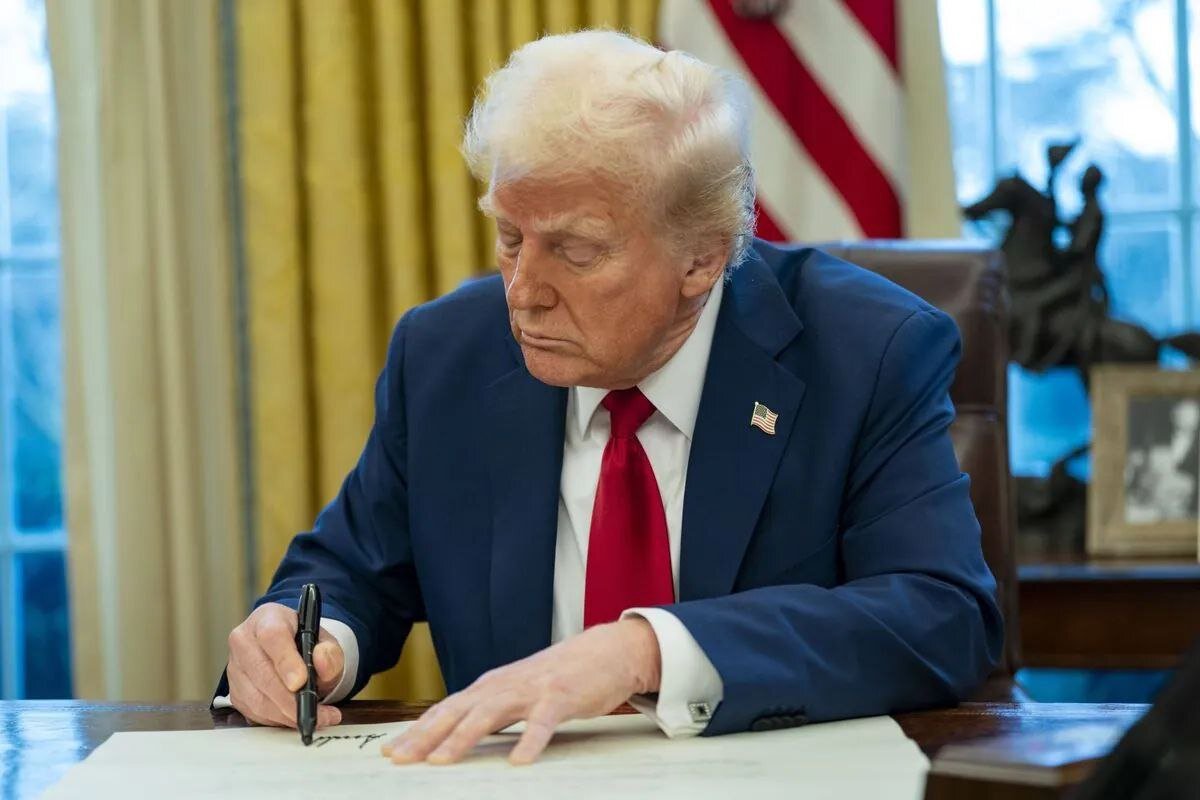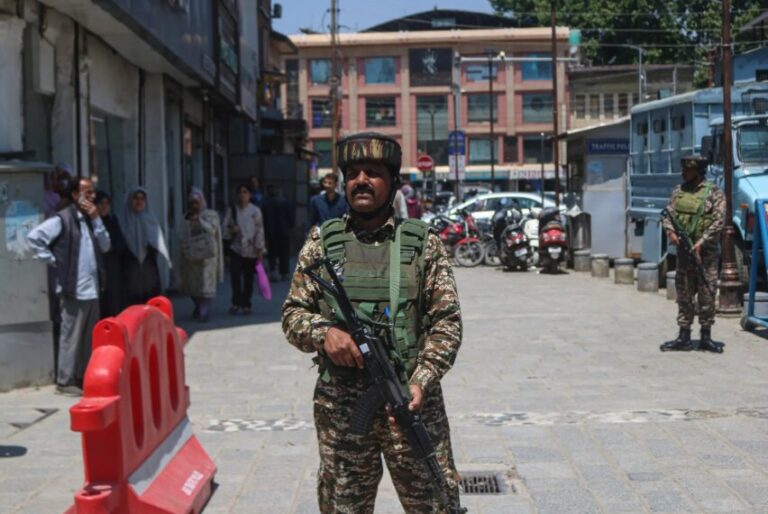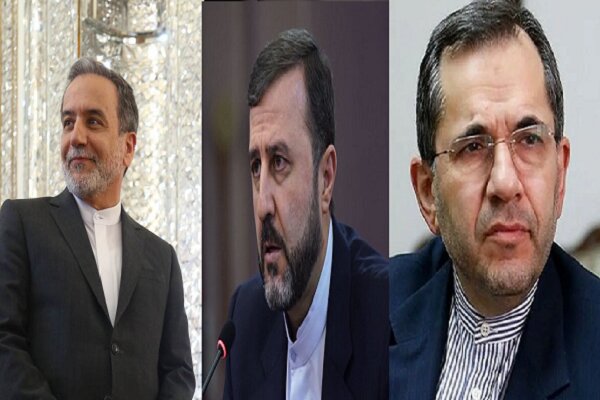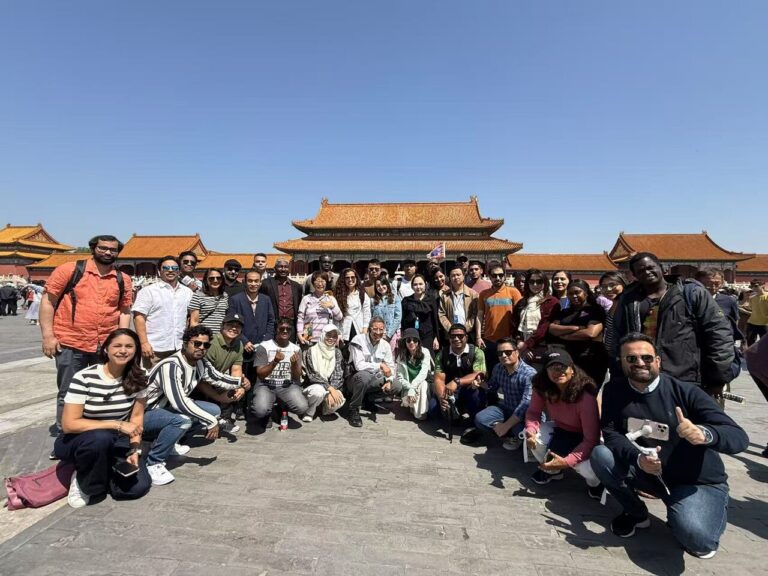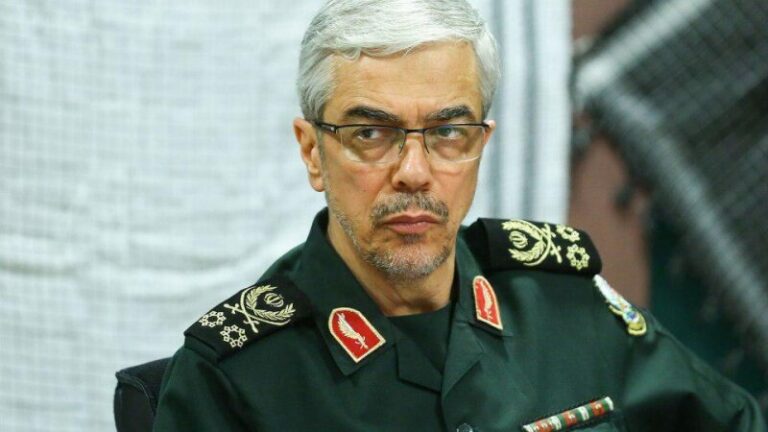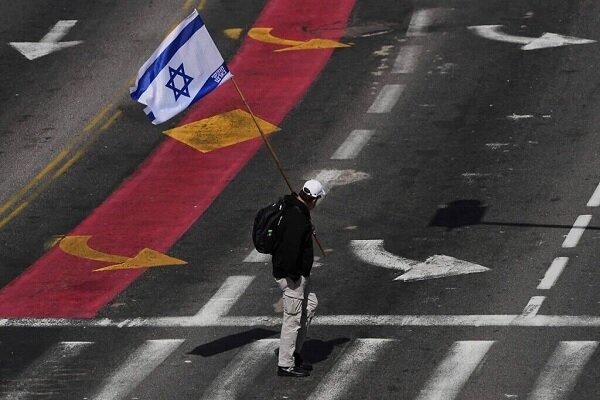Trump’s Controversial ICC Sanctions Unfold During Bibi’s Visit: A Diplomatic Dilemma
In a significant escalation of tensions, U.S. President Donald Trump has imposed sanctions on the International Criminal Court (ICC) following the court’s issuance of an arrest warrant for Israeli Prime Minister Benjamin Netanyahu, commonly referred to as Bibi. This controversial move has raised questions about international law and accountability, as Trump criticized the ICC’s actions as a dangerous overreach that endangers “U.S. and Israeli sovereignty.”
On the heels of this arrest warrant, Trump took decisive action by signing an executive order aimed at protecting Israeli leaders from potential repercussions for their actions during the Gaza conflict. Here’s what you need to know about this unfolding situation:
- Sanctions Imposed: Trump authorized the freezing of U.S.-based assets belonging to ICC officials involved in investigations targeting U.S. citizens and its ally, Israel.
- Travel Restrictions: The executive order bars ICC judicial officials and their immediate families from entering the United States.
- Support for Israel: Trump reiterated that the U.S. “strongly opposes any action taken by the court against its close ally Israel,” urging allies to follow suit.
This executive order reflects Trump’s broader strategy to shield U.S. officials from accountability for war crimes, particularly in relation to actions taken during the 15-month Gaza conflict. Notably, this measure coincided with Netanyahu’s visit to Washington, highlighting the political implications of the ICC’s warrant.
In response to Trump’s sanctions, the ICC condemned the action, calling on its “125 States Parties, civil society, and all nations of the world to stand united for justice and fundamental human rights.” The court emphasized that it remains committed to providing justice for victims of atrocities worldwide.
Judge Tomoko Akane, president of the ICC, warned that such sanctions could undermine the court’s operations and threaten its existence. The Netherlands, host to the ICC, expressed regret over the sanctions, with Foreign Minister Caspar Veldkamp stating, “The court’s work is essential in the fight against impunity.”
Furthermore, the United Nations sharply condemned Trump’s decision, urging him to reverse the controversial sanctions. This is not the first instance of Trump’s administration targeting the ICC; similar sanctions were imposed during his first term in 2020 in response to investigations into war crimes by U.S. forces in Afghanistan.
Critics, including anti-war activists, have vehemently denounced Trump’s latest actions. They argue that these sanctions are a deliberate attempt to protect Netanyahu and former security minister Yoav Gallant from ICC jurisdiction, asserting that they must be held accountable for their alleged war crimes during the Gaza conflict.
The ICC, established to prosecute individuals for serious crimes such as war crimes, crimes against humanity, and genocide, has a crucial role in ensuring justice for violations of international law. In February 2025, the Hague-based court issued arrest warrants for Netanyahu and Gallant, accusing them of committing war crimes and crimes against humanity during the Gaza war.
Evidence submitted to the ICC indicated that from October 8, 2023, to May 20, 2024, both Netanyahu and Gallant were implicated in using starvation as a method of warfare, along with other serious offenses like murder, persecution, and inhumane acts. Despite the sanctions imposed by Trump, the ICC has made it clear that its personnel will not be intimidated by U.S. government actions and will continue its vital work.
This unfolding saga raises critical questions about the intersection of international law, national sovereignty, and the accountability of leaders for their actions in conflict zones. The international community will be closely watching how these events develop and what implications they may have for future interactions between the U.S., its allies, and international legal institutions.
